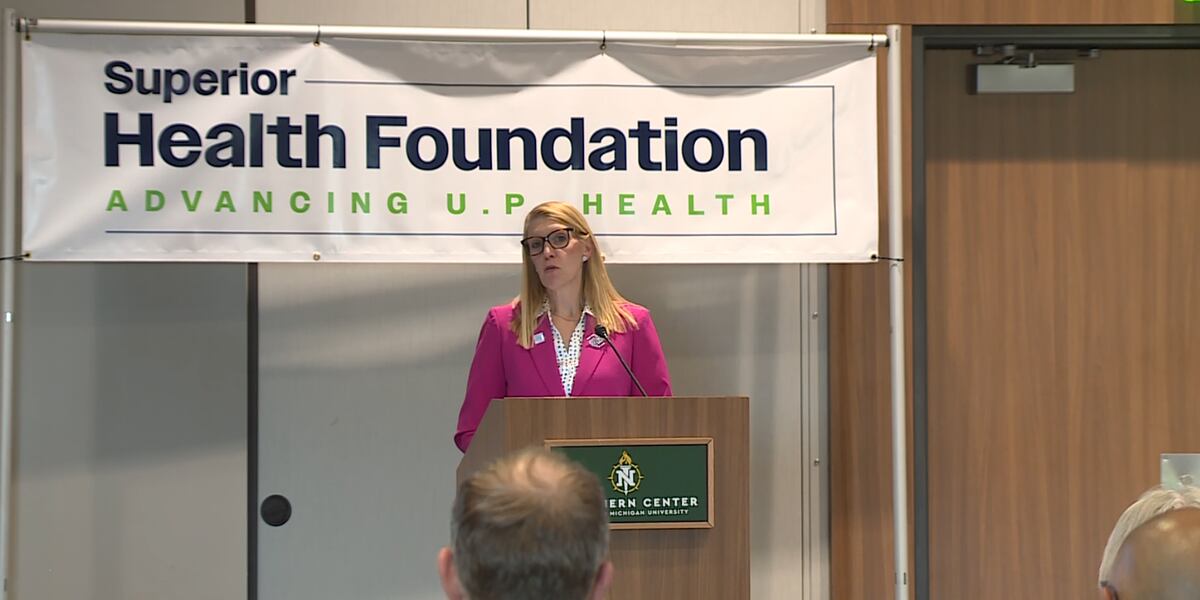Singapore Scientists Concerned Over US NIH Funding Cuts: A Call for Research Preservation

Singapore's scientific community is closely watching a developing situation in the United States, where researchers at the National Institutes of Health (NIH) have publicly voiced concerns over significant funding cuts proposed by the Trump administration. This unprecedented move highlights the potential impact on vital public health research and has sparked a debate about the balance between budgetary constraints and scientific advancement.
The concerns stem from proposed deep cuts to the NIH's budget, a body responsible for a vast array of biomedical research crucial to global health. The NIH plays a pivotal role in discovering treatments for diseases, understanding health disparities, and developing preventative measures – areas of significant interest and impact for Singapore and the wider Southeast Asian region.
The situation escalated when scores of scientists at the NIH, in a remarkable display of collective concern, penned a letter titled the “Bethesda Declaration” and delivered it to Jay Bhattacharya, the agency’s Trump-appointed leader. Bhattacharya, during his confirmation hearings, had indicated a willingness to consider dissenting viewpoints, but the scale and public nature of this criticism are noteworthy.
What’s at Stake? The proposed cuts would likely impact a wide range of research areas, including cancer, Alzheimer's disease, infectious diseases (including emerging threats like novel viruses), and mental health. Reduced funding could lead to delays in crucial research breakthroughs, the closure of research projects, and a loss of talent within the scientific community. This has broader implications, as many medical advancements are built upon foundational research conducted at institutions like the NIH.
The Bethesda Declaration: A Scientist's Plea The Bethesda Declaration outlines the scientists’ concerns, emphasizing the importance of sustained funding for public health research to address current and future health challenges. It argues that drastic cuts would undermine the nation's ability to respond to emerging health threats and hinder progress in treating chronic diseases. The declaration also highlights the potential negative impact on the US’s global leadership in biomedical research.
Implications for Singapore Singapore's robust healthcare system and commitment to biomedical research mean that developments in the US NIH have direct relevance. Many Singaporean researchers collaborate with their US counterparts, and the NIH’s research findings often inform healthcare policies and practices in Singapore. Reduced US funding could indirectly affect collaborative projects and limit access to cutting-edge research.
Looking Ahead The debate over NIH funding is ongoing, and it remains to be seen what the final outcome will be. However, the Bethesda Declaration serves as a powerful reminder of the importance of investing in scientific research and the potential consequences of short-sighted budget cuts. The situation underscores the need for continued dialogue between policymakers and the scientific community to ensure that research priorities align with public health needs – both in the US and globally, including Singapore.
The scientific community in Singapore will be closely observing how this situation unfolds, recognizing the interconnectedness of global research efforts and the critical role of sustained investment in public health.






